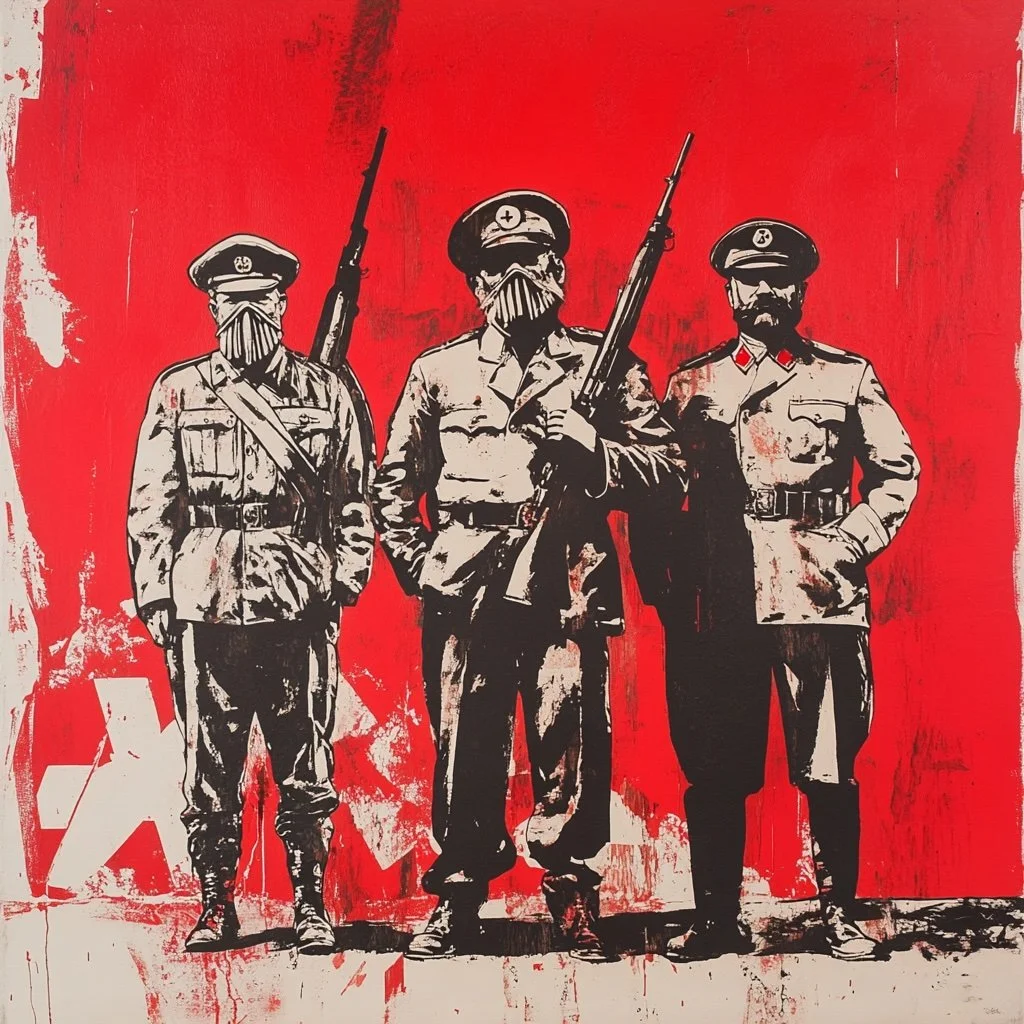Hate.
Differences Between the Left and Conservatives Part II
Hate.
For the left, the ideal of a utopian society often hinges on the elimination of hate. The belief is that in order to create an inclusive and harmonious world, hate must be eradicated from social and political life. For conservatives, on the other hand, hate is seen as a powerful emotion that, while dangerous if misdirected, can serve a purpose when channeled appropriately—such as toward evil acts like rape, murder, and torture. While hate is often considered a cardinal sin, conservatives may argue that if human nature inevitably wrestles with hate, it is better to direct it against genuine wrongdoing rather than allow it to fester or be misapplied.
Carl Jung, the renowned psychoanalyst, offered a nuanced perspective on emotions like hate and anger. Jung believed that anger, like all psychological phenomena, serves a purpose and should not be ignored or repressed. He warned that suppressing anger can lead to it being "turned inward," manifesting as depression, physical illness, or displaced rage that erupts inappropriately.
Jung emphasized the importance of recognizing and understanding our anger, advocating for self-reflection rather than projecting it onto others. He encouraged transforming anger into effective action—using its energy constructively and proportionally, rather than letting it fester or explode destructively. In Jungian thought, integrating anger and the shadow aspects of the psyche it often represents is essential for psychological health.
Jung did not support suppressing anger. Instead, he encouraged conscious acknowledgment and an appropriate constructive expression of anger. It must be put in its proper place within the psyche and one’s actions.
